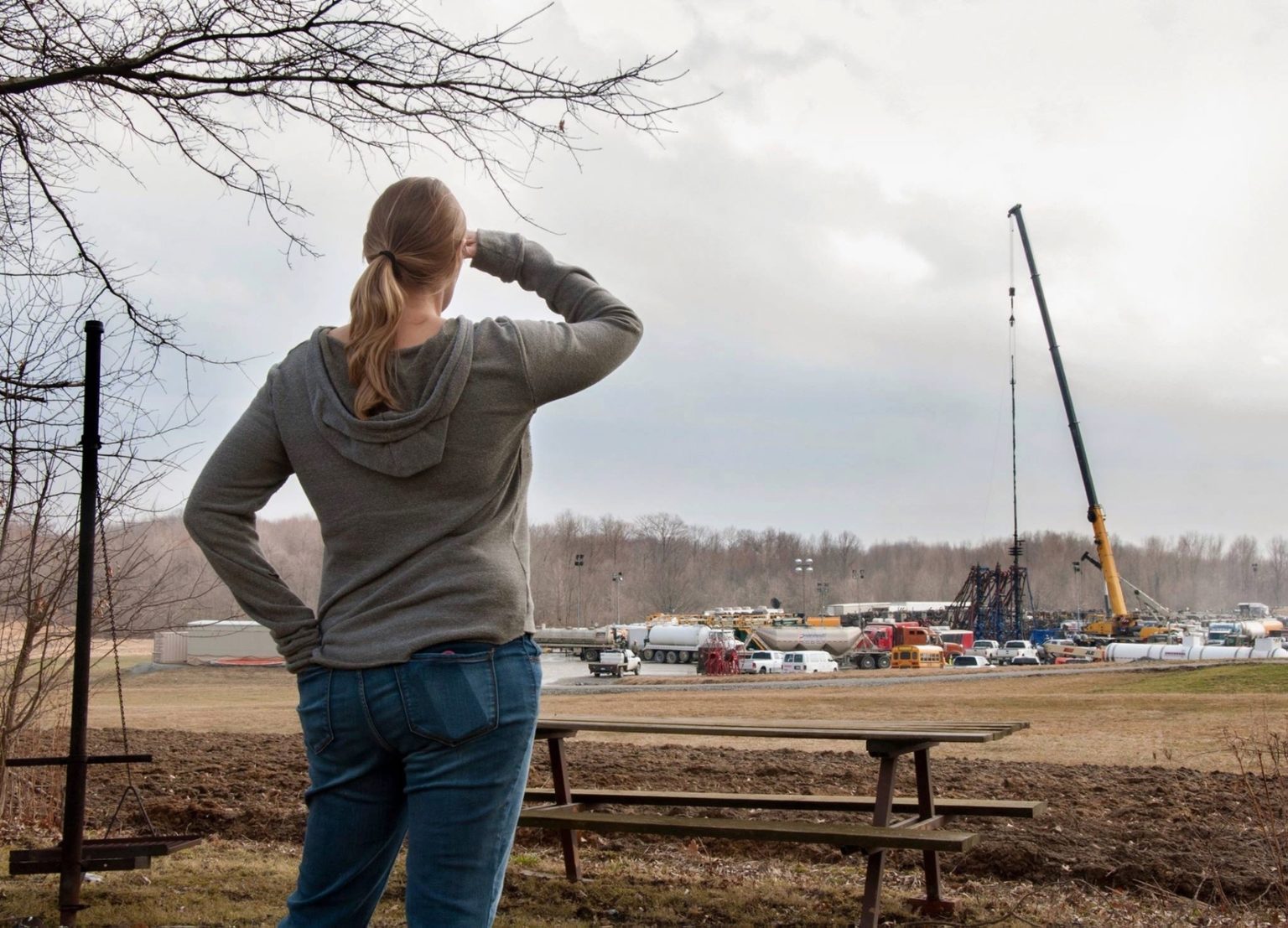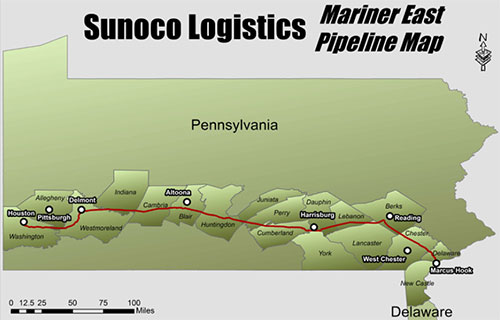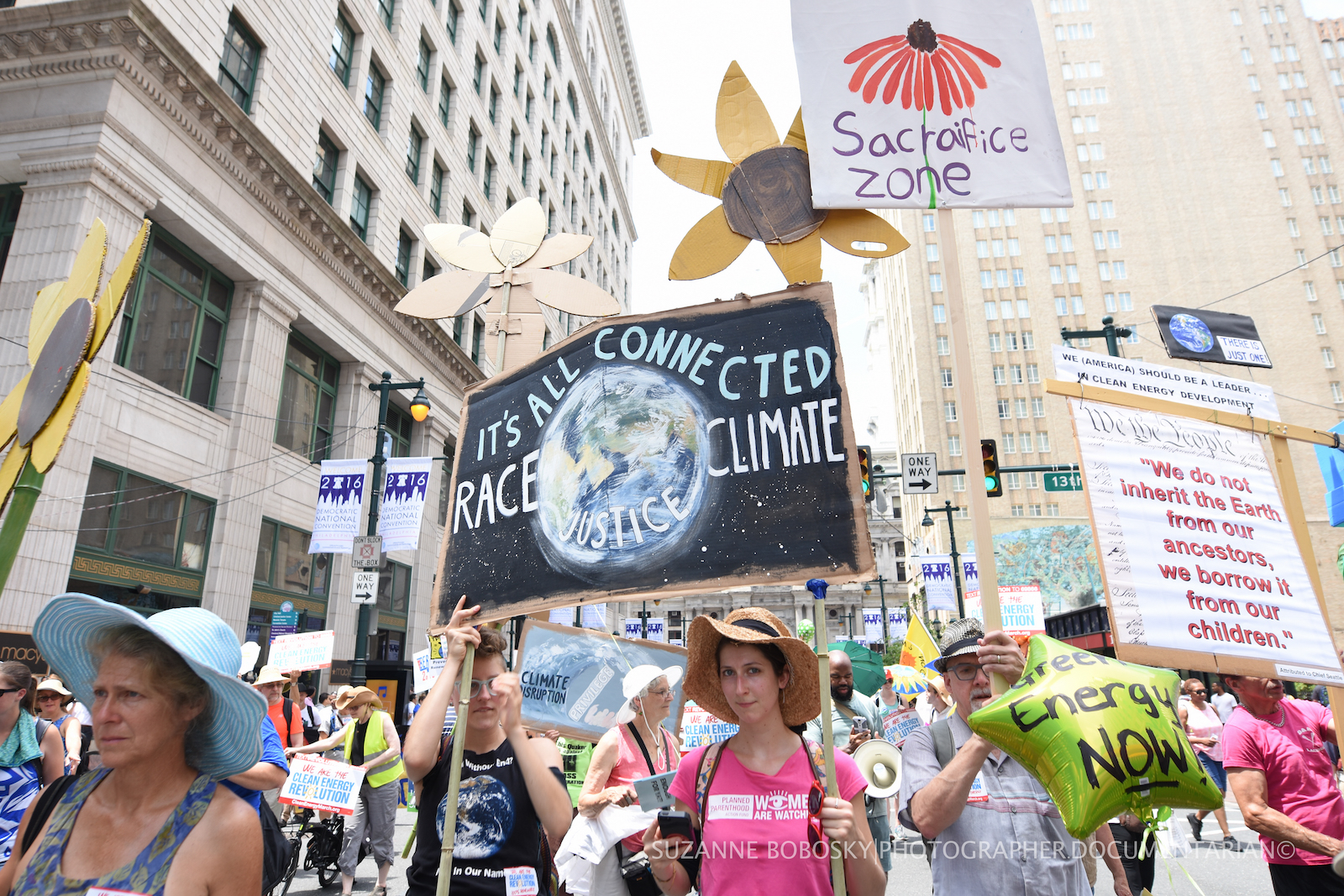Soon after the Mariner East 2 natural gas pipeline received the green light from Pennsylvania’s Department of Environmental Protection (DEP), three environmental groups appealed to stop construction pending further review. The groups claimed the pipeline construction activities, including tree cutting and horizontal drilling, could cause “irreparable harm” to landowners and the watershed along the project route.
Last Friday Judge Bernard Labuskes of the state’s Environmental Hearing Board denied the request of the Clean Air Council, Delaware Riverkeeper Network, and Mountain Watershed Association to issue a temporary stay preventing Philadelphia-based Sunoco Logistics from starting construction.
At that hearing, an attorney for Sunoco argued that tree-clearing to prepare the pipeline’s route needed to happen before April 1, when state restrictions on tree-clearing take effect to protect the threatened Indiana bat.
Labuskes said a full hearing on the environmental groups’ request would be held March 13.
The $2.5 billion Mariner East 2 line will traverse Pennsylvania and carry natural gas liquids, primarily propane and butane, from the Marcellus and Utica shale areas of Ohio, West Virginia, and western Pennsylvania to an export terminal at Marcus Hook near Philadelphia. From there, most of the product will be shipped to a plastics factory in Scotland. For most of its 350 miles, Mariner East 2 will run parallel to the existing Mariner East 1 pipeline.
The project has been opposed by environmentalists and landowners concerned about safety and the company’s efforts to seize land via eminent domain.
As the Philadelphia Inquirer reported, interactions with Sunoco left some rural residents long familiar with extractive industries in their region feeling unusually bruised, including Patricia Yevins, “whose 50-acre farm near West Middletown will be bisected by the pipeline after she lost her eminent-domain case.”
“Nobody was against the pipeline completely,” Yevins told the Inquirer. “But they should be required to play fair.”
The route of the pipeline across Pennsylvania. Credit: Sunoco Logistics
Suit: Pipeline Application Still “Deficient”
Over the course of two years, the DEP informed Sunoco of numerous problems with its application for Mariner East 2, including insufficient information for water crossing and earth disturbance permits, among other issues in each of the 17 counties that the pipeline would cross. Those issues, what opponents call “deficiency letters,” plus an outpouring of public comments, have caused the company to push back completion of the pipeline from late 2016 to the third quarter of 2017.
Alex Bomstein, an attorney for the Clean Air Council, said the DEP issued permits too quickly and that Sunoco still has not met the requirements that would protect landowners and the environment.
“For one thing, [Sunoco Logistics] needs letters from municipalities in the pipeline’s path saying whether it’s in compliance with storm water and flood mitigation plans,” Bomstein told DeSmog. “Some of these letters still don’t exist, and some municipalities wrote saying construction would violate their plans.”
Also at issue are regulations that prohibit industrial activity in Pennsylvania’s “exceptional value wetlands.” Aaron Stemplewicz, a staff attorney the Delaware Riverkeepers Network, told DeSmog that there’s no way for a pipeline cross these wetlands, which Mariner East 2 would, without degrading them.
“Simply put, the pipeline will not comply with Pennsylvania regulations to protect the wetlands,” Stemplewicz said.
Bomstein told DeSmog that there were so many problems with the pipeline application that his organization took more than 100 pages to document them. “Any one of these would have been enough to deny permits,” he said.
At last week’s hearing, Margaret Murphy, an attorney for the DEP, refuted Bomstein’s accusation and said the department had conducted a thorough review and examined almost 30,000 public comments before issuing the permits.
When asked by DeSmog for comment, Sunoco Logistics spokesperson Jeffrey Shields would not address the allegations, but he did promote the pipeline as a job creator.
“By keeping these natural resources in Pennsylvania for storage, processing and distribution to local, regional and international markets, Mariner East 2 offers Pennsylvania the opportunity to develop its own manufacturing economy rather than sending jobs and investment elsewhere,” Shields wrote via email.
Municipalities in the path of Mariner East 2 have expressed strong opposition, citing the possibility of explosions, as well as, they say the company’s lack of attention to safety.
Last week, one municipality in the pipeline’s path, West Goshen Township, filed a complaint with the Pennsylvania Public Utilities Commission, alleging Sunoco Logistics breached terms of a settlement reached in 2015 for the company to install two remotely operated emergency valves. To date, the township says, only one valve has been installed.
Some Say Officials Succumbed to Political Pressure
Anti-fracking protesters at a rally in Philadelphia, Pennsylvania, in July 2016. Credit: Suzanne Bobosky
Pipeline opponents are asking why, if the company had not met all of the application requirements for Mariner East 2, did the DEP give it the go-ahead?
The answer, Bomstein told DeSmog, is political pressure.
“Pennsylvania has become a petro state,” Bomstein said. “Democrats and Republicans are interested in promoting shale gas industry and they don’t like anything standing in the way.”
Pennsylvania Governor Tom Wolf, who also has cited Mariner East 2 as a job creator, recently told a Pittsburgh radio station that he held DEP to a timeline but applied no political pressure to approve pipeline construction.
“I asked them what their timetable was and then, let’s do it,” said Wolf. “If you’re going to take four weeks, do it in four weeks. That’s not political pressure, that’s actually trying to manage an organization.”
At least one of Pennsylvania’s lawmakers are crying foul at the industry’s efforts — and political donations — aimed at fast-tracking natural gas pipelines.
State Rep. Greg Vitali (D-Haverford) said in a recent news conference that industry money was preventing his colleagues from making “good public policy.”
“I do think the system is rigged when you consider the influence of the drilling industry,” said Vitali. “It is certainly not a level playing field.”
A new analysis puts some evidence behind these claims. According to Marcellus Money, a project of Common Cause Pennsylvania and Conservation Voters of Pennsylvania, the natural gas industry donated a total of $464,592 to state officials in the first half of 2016. Those contributions were almost double what was donated over the same span in 2012.
Since Marcellus Money began monitoring these numbers in 2009, it has documented the natural gas industry doling out more than $9 million to Pennsylvania political candidates and allocating nearly $60 million to lobby against regulations and incentives for clean energy.
Study Shows Big Increase in Pennsylvania Methane Levels
The legal battle over Mariner East 2 comes as a Drexel University study reports a rapid increase in atmospheric methane levels in the Marcellus shale region in northeast Pennsylvania between 2012 and 2015.
The study’s lead scientist, atmospheric chemist Peter DeCarlo, said in a press release that the methane increase was much more rapid than global increases and likely due to booming natural gas production there, primarily via hydraulic fracturing (fracking).
While natural gas has been touted as a more climate-friendly “transition fuel” by many, including former President Obama, a case has been building for some time that the climate impacts are not as small as previously reported for this fuel primarily composed of a potent greenhouse gas.
“With the increased background levels of methane, the relative climate benefit of natural gas over coal for power production is reduced,” said DeCarlo.
Main image: A woman looks at a fracking operation that sits among many family homes. Credit: Suzanne Bobosky
Subscribe to our newsletter
Stay up to date with DeSmog news and alerts









